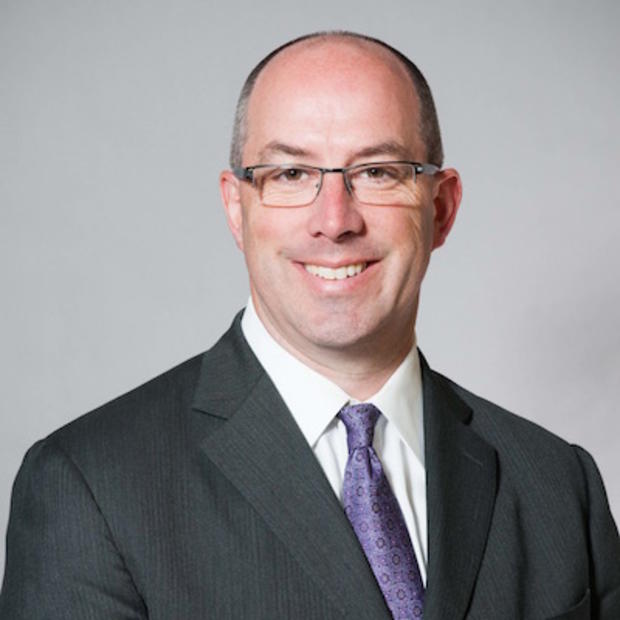"Science – not emotion or expediency – is the most reliable guide to achieving success. The Partnership supports and relies on continuing scientific research to inform its decisions, and to measure what’s working." - Puget Sound Partnership Action Agenda 2012 Draft
After five years as the state's top environmental initiative, there is widespread agreement that the Puget Sound Partnership is far from living up to its promise. The goal was to provide science-based leadership for the many jurisdictions that have a hand in reducing the environmental impact on the Sound.
That commitment is why we gave the Partnership a favorable review in 2010, encouraging them to "Finish the strategic science plan and review the near-term and long-term goals to make sure they are consistent with science findings."
The signs of failure, however, have been building for a while. Daniel Jack Chasan wrote in Crosscut in 2010 that the agency was facing a "crossroads" at that time. Earlier this year he wrote again, saying the PSP had not achieved its goals and that "money, goals, and data remain elusive."
The young agency is already on its third executive director. The first, David Dicks, left following ethics questions and a report from the State Auditor. In an interview with KUOW, the auditor in charge said of the Partnership, "there was just really no indication that they had ever made following state rules and regulations a priority."
The second executive director, Gerry O'Keefe, seemed to be putting the agency on the right track. He was more scientist than politician and had the right focus for the agency. In the last update sent by O'Keefe two weeks ago, he noted there would be a "refined, prioritized approach for funding Puget Sound restoration priorities in 2013" that would include "a suite of larger habitat projects that are regionally prioritized and ranked." The governor, however, abruptly fired him last week.
Now, the new director, Anthony Wright, told the Kitsap Sun, "I've been told I'm really outspoken." Martha Kongsgaard, the chair of the Partnership, a longtime environmental activist, and major political donor, told the Sun the governor "wanted a higher profile person in the post," and went on to say "I think this will energize us."
In her statement announcing the appointment, Gov. Chris Gregoire said:
"He (Wright) is a proven leader and relationship-builder who shares my passion for restoring Puget Sound. These are all attributes that are necessary to effectively lead the Puget Sound Partnership."
What do all of those comments ("outspoken," "he will energize us," "relationship-builder," "shares my passion") have in common? They are all about emotion, not science, the very thing the PSP says can't be the driving force of the agency. Indeed, none of the comments about this new appointment even mention science. This is a real danger here.
There are two ways the Partnership can provide leadership: politics or science. For the last five years, the agency focused primarily on the political approach. Dicks and Kongsgaard were chosen to lead the agency as executive director and chair, respectively for their political connections. As a result, projects were chosen based on political considerations and political pressures. The vacuum left by the lack of a list of science-based priorities was filled by the political motives of the chair and executive director. If the hope is that the new director's political skills will fix the problem, it seems to be the same strategy that has failed repeatedly over the PSP's five years.
The alternative is to base the strategy on sound science. There will always be wrangling about priorities, and there will certainly be politics. A science-based approach, however, provides a solid foundation to resist political pressure and to prioritize based on environmental benefit, not, in the words of the Action Agenda, "emotion or expediency." Without that science, decisions are all emotion and expediency.
Additionally, cleaning Puget Sound is a long-term project that will see directors come and go. The only way to ensure a consistent approach that makes continuous progress is to have a sound game plan, independent of the particular skills of the director-of-the-moment.
The Action Agenda is set to be adopted next month and we'll see if the new director follows through with the commitment to create a science-based list of projects that is prioritized and ranked. Without that commitment, we're likely to see more of the same from the Partnership and the Puget Sound cleanup will continue to falter.
This story originally appeared on the Washington Policy Center's blog and is reprinted with permission.



